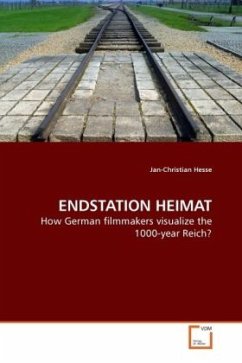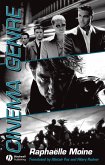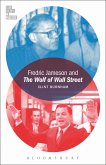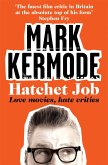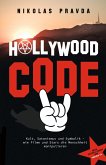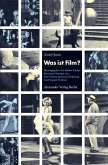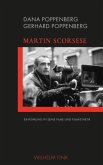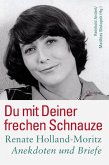This paper aims to present an overview of how German filmmakers have approached the subject of Vergangenheitsbewältigung , that is the coming to terms with the Third Reich, in film and how this has evolved over the decades since the end of the war. The first chapter will consult the first German film to be made after the war: Wolfgang Staudte s 1946 film Die Mörder sind unter uns (released as The murderers are among us in the UK). The second chapter will look at Rainer Werner Fassbinder s 1981 work Lili Marleen (released under the same name) as an example from the end of the New German Cinema movement. The third chapter will then focus on contemporary German film making using Oliver Hirschbiegel s 2004 work Der Untergang (released as Downfall in the UK) as its main focus point. Outlining the political and economical background in which these films were produced, we will question the aims of these filmmakers and compare the key differences in historical representation in German film making in order to discuss whether greater historical distance did in fact lead to greater historical accuracy and therefore to a coming to terms with history in the discussed films.

